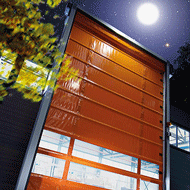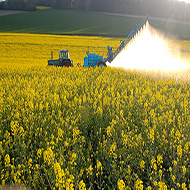PLASTIC INJECTION MOULDING
Reffay: experts in plastic injection moulding
REFFAY SAS has been a plastic injection moulding company for several generations, and is fully conversant with plastic injection moulding techniques and the monitoring of industrialised production. It processes a wide range of materials, some being more technical than others, where fillers are added to reinforce the mechanical properties and the part itself and make the finished product more robust (fibreglass, for example). REFFAY SAS also transforms materials with fire and smoke resistance, which are essential for certain sectors of activity, such as the railways.

Our machinery: injection moulding machines

Example of a part - thermoplastic injection
Reffay, experts in plastic injection moulding
Moulding of thermoplastic parts
Processed materials
PA
Natural or glass-fibre reinforced polyamide
PP
Polypropylene
TPU
Thermoplastic Polyurethane
ABS
Acrylonitrile Butadiene Styrene
PBT
Polybutylene Terephthalate
PPS
Polyphenylene sulphide







